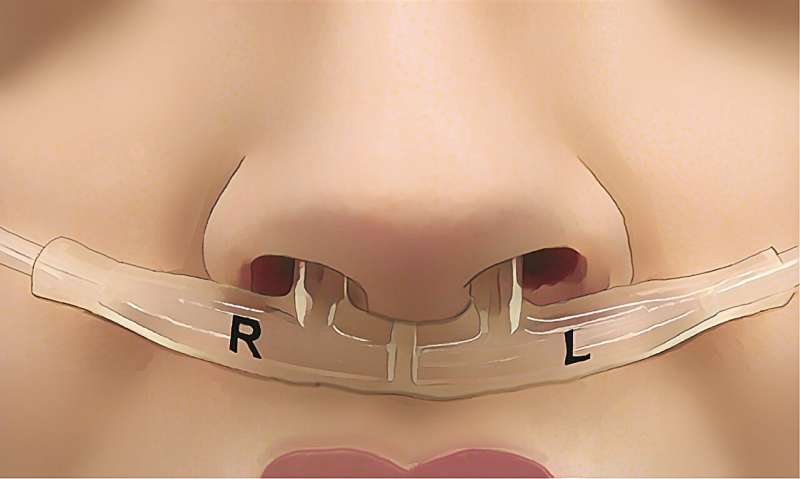The research stemmed from the lab’s interest in olfaction, or the sense of smell. In mammals, the brain processes odor information during inhalation. This link between the brain and breathing led researchers to wonder: since every brain is unique, wouldn’t each person’s breathing pattern reflect that?
To test the idea, the team developed a lightweight wearable device that tracks nasal airflow continuously for 24 hours using soft tubes placed under the nostrils. Most breathing tests last just one to 20 minutes, focusing on evaluating lung function or diagnosing disease. But those brief snapshots aren’t enough to capture subtle patterns.
“You would think that breathing has been measured and analyzed in every way,” says author Noam Sobel of the Weizmann Institute of Science, Israel. “Yet we stumbled upon a completely new way to look at respiration. We consider this as a brain readout.”

